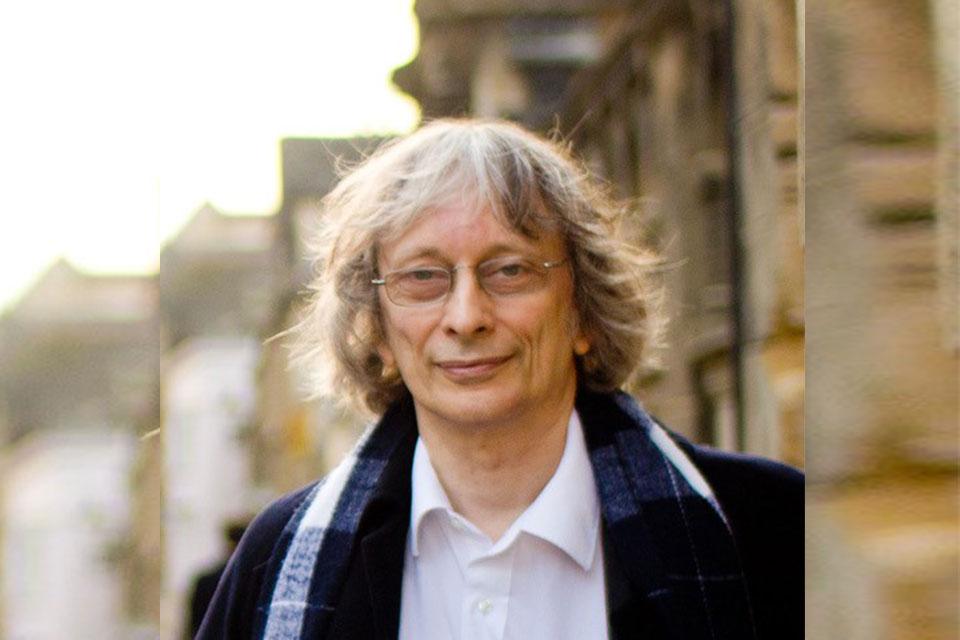Professor David Deutsch has been awarded the Institute of Physics’ Isaac Newton Medal and Prize 2021, and elected as a Fellow of the Institute of Physics for founding the discipline named quantum computation and establishing quantum computation's fundamental idea, now known as the ‘qubit’ or quantum bit.
Professor Deutsch is the theoretical physicist to whom we owe our current understanding of the role of quantum bits in physical reality; he represents the convergence of decades of efforts by two great schools of thought of theoretical physics: the British and the American.
Professor Deutsch envisions reality as a multi-branched tree-like structure in which every possible classical outcome is realised, using Hugh Everett III's multiverse interpretation of quantum mechanics. He understood that because multiple coexisting worlds actually interact, these interactions constitute an entirely new mode of computation. Thus, the world can be thought of as consisting of quantum bits, in that every answer to a question about whether something could be observed in nature corresponds to a question about such a quantum bit.
In 1985, Professor Deutsch published his ground-breaking idea, detailing the relationships between quantum theory, the Church–Turing principle and the universal quantum computer. Another paper followed in 1989, setting up the theory of quantum computational gates and networks, which is today the basis of quantum information science. A further paper in 1992, with Professor Richard Jozsa, proved that a quantum computer could make use of multiple branches of the multiverse to solve problems whose solutions are ‘intractable’ by a classical computer. The latter could in theory obtain the solution too, but it would require exponentially more computational time because of its restricted modes of computation.
Thanks to Professor Deutsch, there are now multiple commercial quantum computers being developed by large multinational companies and governments to solve problems whose solutions are intractable in the classical universe. These include applications in biology, engineering, chemistry, physics, mathematics and cryptography. His discovery opened the way to realise a long-sought dream of the original proponents of quantum mechanics – to make the weird predictions of quantum mechanics tangible and useful in practice for the benefit of humankind.
‘The quantum theory of computation proposes no change to the principles of quantum mechanics,’ comments Professor Deutsch. ‘That there is an entirely new kind of information, and a new mode of computation, lurking within those principles is an amazing fact about physical reality, more important than all the technological uses it may have.’
‘David’s work is essential to, and indeed underpins, the exciting quantum world of the future,’ comments Professor Ian Shipsey, head of the Department of Physics. ‘Oxford is a centre of excellence for quantum and David is at the heart of that; he is an exceptional colleague and we are incredibly proud of this latest recognition.’

